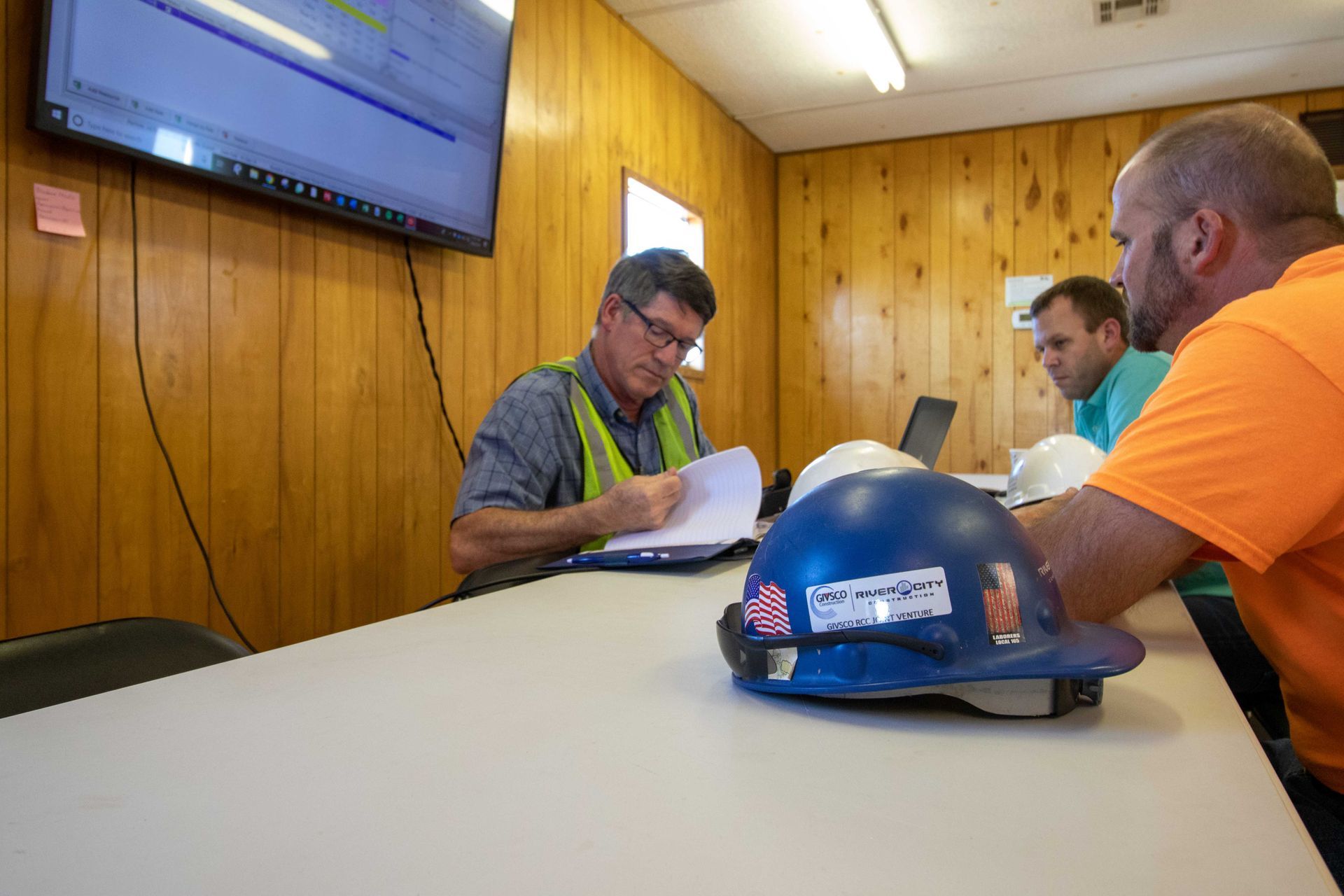Common Construction Scheduling Mistakes to Avoid
There’s no question that every construction project needs a schedule to stay on track and budget, not only for budgeting and planning resources, but for several additional reasons as well. However, having a poorly crafted schedule is worse than not having one at all. Regardless of which software or strategy you use to schedule your construction projects, there are a few common construction scheduling mistakes that you should avoid.
Ignoring Experience
There’s a good chance that your firm doesn’t yet have a scheduling expert on staff, and that’s okay — only someone with experience in construction project scheduling should tackle this task. It takes some deep knowledge and even a level of expertise to understand the process of successfully scheduling a project.
Forcing the Fit
The initial consultation and bidding process with clients will establish a time frame, but that doesn’t always mean it’s a feasible timeline to follow. Be honest about the scope of work and your capabilities; don’t try and complete work on a schedule that causes you to cut corners or compromise on quality.
Skipping the Strategy
Don’t create a schedule just for the sake of creating one. Work closely with contractors and subcontractors to discuss their construction methods, and take their feedback into account when choosing a methodology for your construction scheduling. Better yet, call in a team of scheduling experts to take over the task.
Skipping the Software
Put away the pen and paper; there are much better tools to use to create a construction project schedule. There’s plenty of sophisticated software available to your team that will bring your scheduling into the 21st century. An additional benefit of using software is that it can integrate with other tech tools you may already be using to collaborate and communicate.

Not Watching the Weather
While you can’t possibly be able to predict extreme weather, you’ll likely be able to predict seasonal weather patterns — like snowfall in the winter or thunderstorms in the spring and summer. Bake these potential delay-causing events into your schedule to give your crew a buffer if work is delayed.
Resource Reallocation
In the process of creating a schedule for your construction project, don’t overestimate the spectrum or volume of resources you have available to get the job done on time. By working with the resources you know will be accessible, you’ll avoid delays that happen when you wait for them to be available.
Dismissing the Details
Each task in the construction project needs to provide as much detail as possible. There needs to be documentation that helps to track each task, the steps needed to complete it, the resources required, the team attached to the task, and any other details that help the team stay on track.

Curbing Communication
Don’t be afraid to communicate to the team when delays are caused or problems arise. The lack of communication has a domino effect on other steps; establish a chain of command and communication best practices so changes can be made ASAP in case of work delay or stoppage altogether.
Not Defining Dependencies
When your team doesn’t know what comes before or after any given task, your schedule becomes far less accurate. Make sure that dependencies are clear to every team member, and the schedule defines all of them, and check that the sequencing of tasks and dependencies is presented in order.
Not Offering Updates
Once you’ve gone through all of the hard and necessary work to create a schedule, keep it updated as each task is complete. Leaving your team in the dark could stand in the way of work, which could, in turn, cause work delays. The best way for work to continue is by updating everyone in real-time — something that’s easy with the right software.
Not Dealing With Documentation
If a claim should be filed, you’ll need plenty of documentation to plead your case. If errors or delays need to be traced back to the origin, a properly documented schedule means a trail of accountability. Change orders especially are a crucial part of this documentation; keep this in mind.
If you’re concerned about making construction scheduling mistakes, let’s talk about what our team can bring to the table. Mistakes are mitigated or avoided by accurate project planning and management of various construction time windows.
With an expert on the ground, your project moves as seamlessly as possible through all stages of development.







